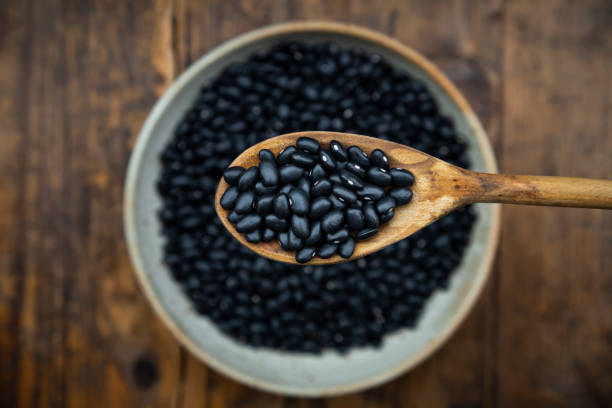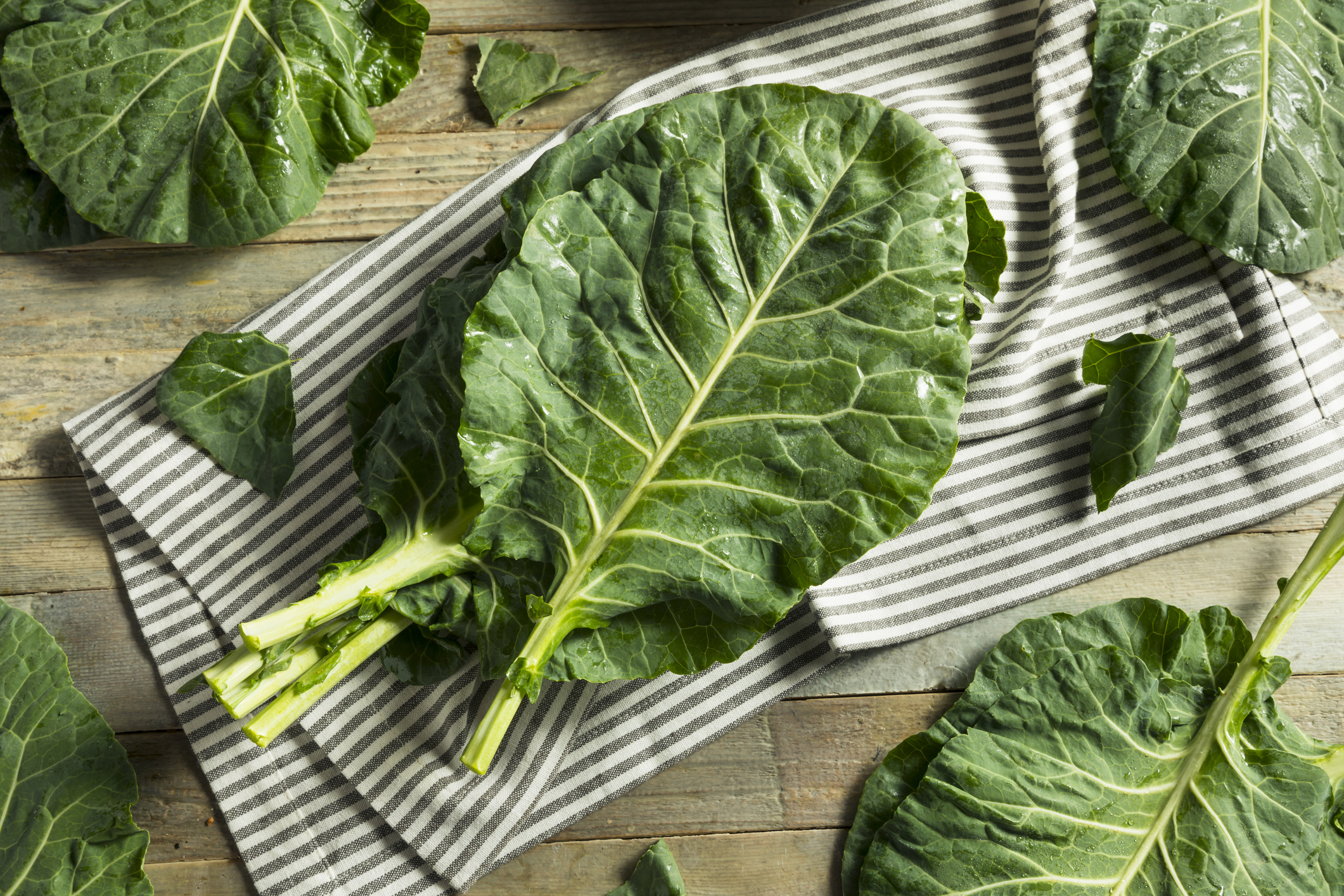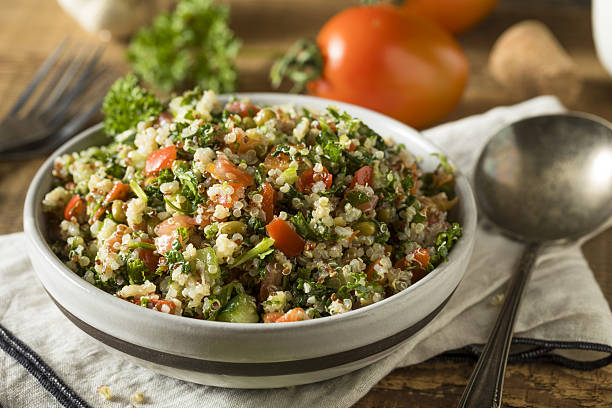8 Foods that Are Fantastic for Lowering Blood Sugar

Time and time again, research shows that Black folks with diabetes are both more likely to be diagnosed and more likely to die from the condition. While the exact reasons are debated, many experts point to factors such as genetics, socioeconomics, and healthcare disparities.
However, that doesn’t mean that people with diabetes can’t take control of their situation!
In fact, there are many things you and your loved ones can do to manage blood sugar levels. Although medications and insulin therapy are two primary methods, diet is critical as well.
Let’s cover eight foods that folks with diabetes can’t miss out on…

1. Sardines
An excellent source of lean protein and omega-3 fatty acids, sardines confer many benefits to blood sugar levels. Not only do sardines lower inflammation, but they also help improve insulin sensitivity, which can then help regulate your blood sugar.
Packed with vitamins D and B12, sardines are also good for overall health in general. Not to mention, their vital minerals, calcium and selenium.
Try to consume sardines at least two or three times per week. They’re great on their own or you can add them to salads, whole grains, and other veggies as part of a balanced meal.

2. Black Beans
Loaded with fiber, black beans are very low on the glycemic index, meaning they won’t cause blood sugar spikes like other foods. This happens because fiber naturally slows the absorption of sugar in the bloodstream. Black beans are also rich in protein, antioxidants, and iron, which are crucial for healthy blood.
Aim for black beans in your diet a few times per week. They go great in soups, stews, and salads, and you can even make black bean burgers!
For a blood sugar-friendly meal, consider black beans.
RELATED: Keep Your Blood Sugar Under Control: 8 Herbal Remedies Every Black Person Should Know

3. Collard Greens
Full of vitamins A, C, and K, and also rich in calcium, magnesium, and folate, collard greens truly are a ‘superfood.’ And then you have their high fiber content, which helps stabilize blood sugar levels.
Add in their antioxidants, and collard greens are a top way to reduce inflammation while improving insulin resistance.
For the best results, you should consume one serving of collard greens daily. They are very versatile, so whether you eat them in a salad, steam them, saute them, or try for a soup or stew, they’re always a great choice. Many people even add them to smoothies or mix them with other veggies to create healthy side dishes.

4. Sweet Potatoes
Most diabetics have probably heard of sweet potatoes because they are frequently recommended. The reason for this is simple. They are extremely low on the glycemic index, and unlike regular potatoes, do not significantly spike your blood sugar.
Sweet potatoes are also rich in beta-carotene (a form of vitamin A), vitamin C, potassium, and manganese. Because of the various ‘goodies’ inside sweet potatoes, this food ensures glucose is absorbed into your bloodstream slowly.
But perhaps the best part is how easy they are to prepare! You have many options for consuming sweet potatoes. You can bake, roast, or mash them. Many people like to put them in soups and casseroles, which is a great meal for a cold wintry day.
No matter how you eat them, try to get at least one serving with your meals a few times every week. One serving is roughly half a medium-sized sweet potato, in case you’re wondering.
RELATED: 10 Surprising Causes of Blood Sugar Swings for Black Americans

5. Okra
If you haven’t had okra, now’s the time to try it!
Full of fiber, magnesium, and antioxidants, okra is a great way to regulate your blood sugar. Research indicates that okra even helps with cholesterol as well, making it a vital food for supporting your cardiovascular health.
Because okra is rich in soluble fiber, it can successfully bind to sugar molecules, slowing absorption into the bloodstream. Meanwhile, its magnesium content allows your body to use insulin more effectively.
For the best health benefits, consume okra several times per week. While many people put it in soups and stews, it’s also a great addition to stir-fries. Some people enjoy roasting it, providing a crispy and healthy snack.

6. Quinoa
This versatile whole grain is considered a superfood in many circles, and for good reason. Contrary to most grains, quinoa is a complete protein, which means it has all of the nine essential amino acids your body needs. Quinoa is also a top source of B vitamins, fiber, and magnesium, making it a truly well-rounded food.
Because of its high fiber and magnesium content, quinoa works as a one-two punch. It both slows down digestion, preventing sugar spikes, and also improves insulin function so that your body uses it more wisely.
Looking for ways to incorporate quinoa into your diet? One way is to use it as a substitute for rice or pasta. Instead of subjecting yourself to sugar spikes with pasta, enjoy some quinoa with some spices and herbs. You can alternatively use it as a base for many salads and soups, or simply as its own side dish.
Quinoa is a great complement to chicken and fish dishes in particular.

RELATED: Hyperglycemia 101: Tips for Preventing and Treating High Blood Sugar
7. Almonds
Like to snack?
Well, in this case, you don’t need to feel guilty. Almonds are rich in healthy fats, fiber, protein, and magnesium, making them great for blood sugar control. Due to their low glycemic index, they also help reduce the risk of type 2 diabetes.
With almonds in your diet, you can improve insulin action while also promoting satiety. This is the perfect way to give your body what it needs while getting that feeling of fullness that prevents unhealthy eating!
And the good news is, you don’t need many. A small handful is ideal to get exactly what you need. You can even sprinkle sliced almonds on salad or yogurt or blend some almond butter into a smoothie. Overall, very healthy and versatile.

8. Blackberries
Low in sugar and high in fiber, blackberries are the perfect tasty fruit for your nutritional needs. They are also packed with antioxidants, including anthocyanins, which protect against oxidative stress. In other words, they are ideal for protecting your body from all kinds of natural wear and tear (as well as damage associated with cardiovascular conditions like diabetes).
For good results, try to eat half a cup of blackberries daily. Whether you eat them fresh, put them in smoothies, or top off yogurt, oatmeal, and salads, they are highly versatile and highly delicious!
And so are all the foods in this article.
So have fun with it. Try new recipes, incorporate these healthy foods, and don’t be afraid to do a little experimenting. There are plenty of great meal ideas online and in books that can spice up your diet.
With some patience and consistency, managing your diabetes through food has never been easier!




